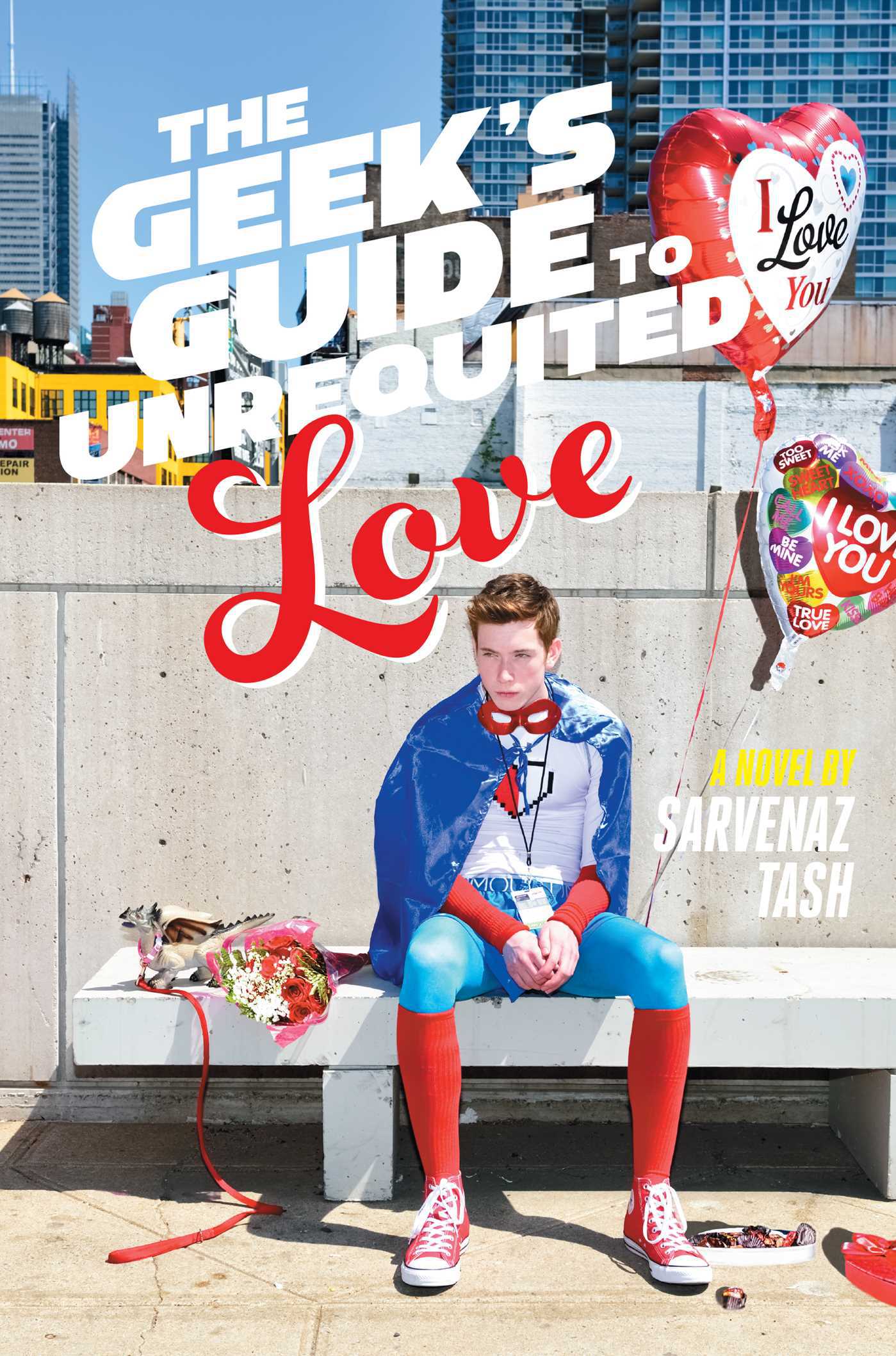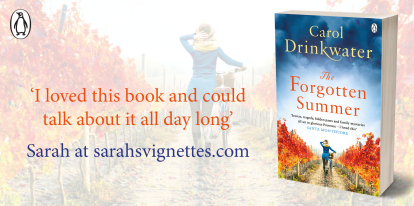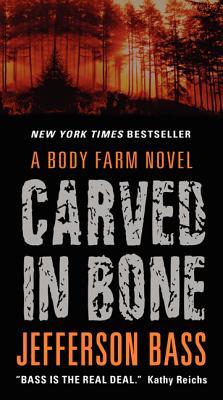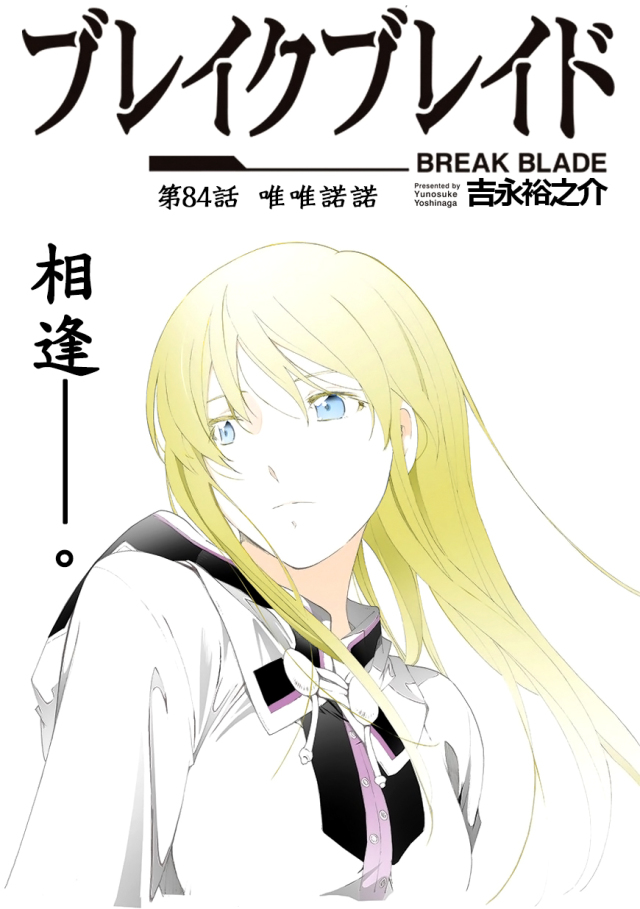
Graham is in love with his best friend, writing partner, and next-door-neighbor, Roxy. And a trip to New York Comic-Con is the perfect place to tell her. Or, at least, it would be if things didn’t keep going wrong for him. As reality continues to get in the way of his perfectly-planned-out fiction, Graham has to face the fact that life is never quite as perfect as we want it to be.
First, shoutout to Sarvenaz Tash for her epic chapter titles. “When a Once-In-a-Time-Lord-Lifetime Opportunity Presents Itself, Seize It” “The British Invasion” “Confessions of a Secondary Character” “Is It Really Extortion if It’s in the Name of Love?” Usually I just skip over chapter titles, because they’re boring or cliché or they tell you absolutely nothing. Obviously, I didn’t skip over these. They’re perfect.
I got this book from the library on a whim, because it was the night before I left for vacation and I needed something to read. I always open to a random section of a book before I get it, just to make sure the prose isn’t going to make me gag. It passed that test. And, when I opened to the first chapter, the title hooked me.
Graham is your typical YA protagonist. The book is from his point of view, so we get his circular, panicked reasoning and idiotic choices that are the same circular, panicked reasoning and idiotic choices of every YA protagonist and every teenager ever. Shrug. Roxy is bordering on manic-pixie-dream-girl, if only because we constantly see her from Graham’s point of view, but she’s honestly not that memorable of a character. The stand-out characters of this book are the secondary and side characters.
This book has diversity without being in your face about it. It’s just a fact, not a plot point, not a soapbox for the author. That was nice. But the best part was that it managed to avoid all the stereotyped characters that I see everywhere. The story is about a bunch of geeks going to Comic-Con, but the author shows them as all individual people with diverse interests and complex personalities.
Felicia is introduced as the cliché popular girl, only for us to find out that she’s totally open to falling in love with geek culture and she just happens to be brilliant. But it’s not a big thing, it’s just who she is. Amelia is laid-back and straightforward, but still manages to geek out as hard as anyone else. Devin is tall, hot, and British, but he’s genuinely interested in the things the group tells him about geek life, he’s not a tool just because he’s the third half of the triangle. But Casey, Casey is my favorite. Casey is quiet, smart, thoughtful, unemotional, rational, plans out his schedules hour by hour, sometimes minute by minute… you get the picture. An easy cliché. But it’s not something that anyone tries to change. They like and accept him for who he is. There was one part that stuck out to me in which Graham is irritated with one of his responses, realizes it took Casey effort to get to the socially and emotionally-supportive correct response, and changes his mindset. It’s sweet. And considerate. And I’d love if more YA characters were like that, rather than trying to make people into something they aren’t. And I appreciate the fact that the author didn’t confuse smart and rational with cold and uptight. It was refreshing.
The story wasn’t anything amazingly out-of-the-ordinary, but the ending was perfect for story that was told. While this book isn’t going to be one of my favorites or even probably one I’ll ever read again, it’s definitely one I would recommend to new readers. It’s totally accessible, and it’s the right amount of funny mixed with emotion mixed with relatable.
Plot: 5/10 Nothing original, but points for setting it at Comic-Con.
Writing: 6/10 It wasn’t incredibly memorable one way or the other. Extra point for the chapter titles.
Characters: 7/10 Roxy was annoying. Graham was meh. The rest were pretty great.
Interest: 4/10 I wouldn’t re-read, but it held my interest for the most part as I was reading it.
Overall: 6/10
It feels weird to rate this as a six out of ten in comparison to all the other great novels in the world. So I guess this rating is mostly against other YA, but partially against the wider world of modern literature. The classics stand in their own category above the rest.
Advertisements Share this:





